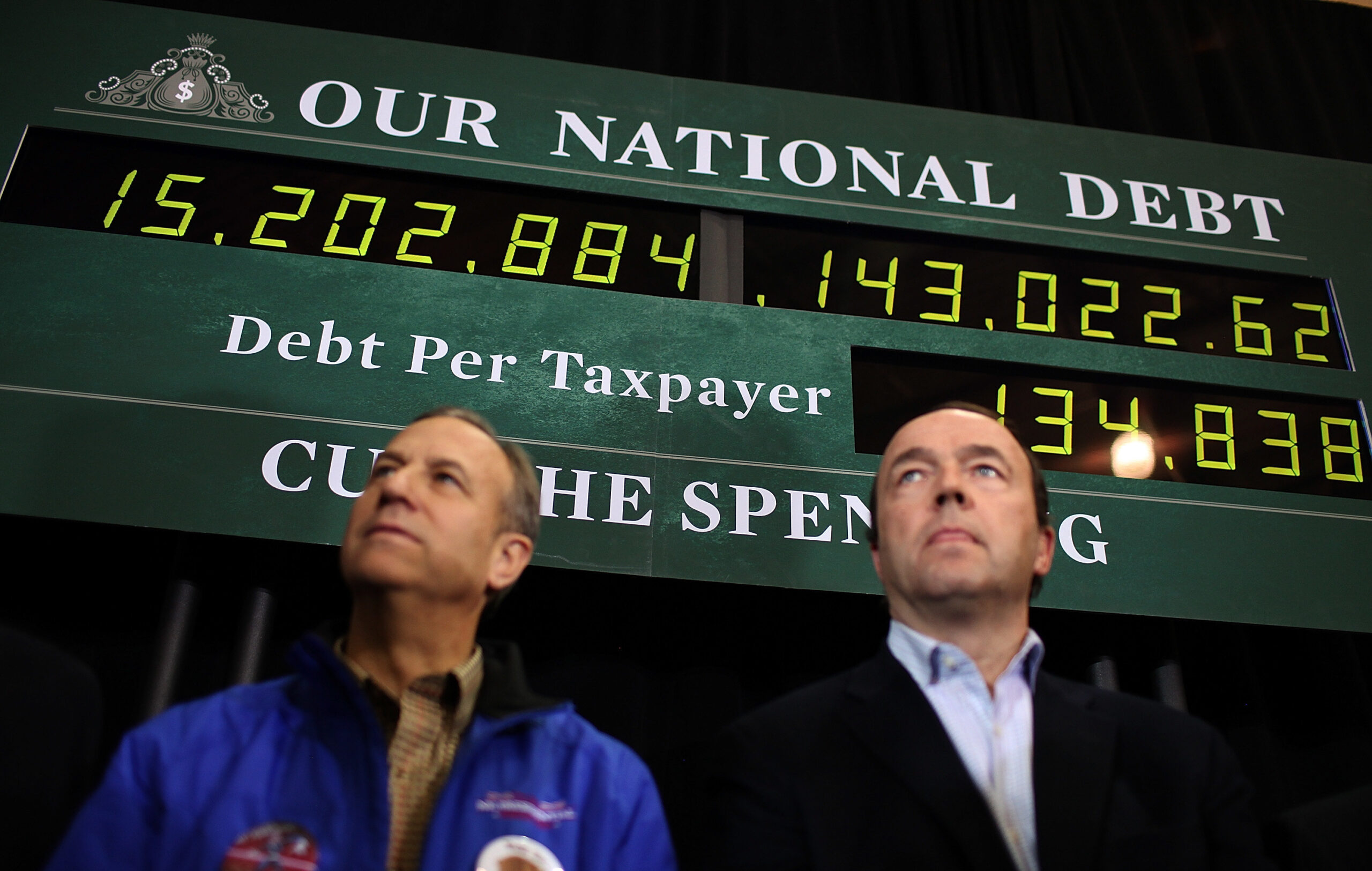What to Do with Your 401k After You Leave a Job

Dec 17 | 2020

Getty Images/Maria Stavreva
Whether you’re leaving a job involuntarily, departing for something new, or just want to prepare for the unknown, it is smart to understand all your options regarding your 401k. Leave It Where It Is 401k plans differ based on the employer, but most will give you the option to leave your 401k where it is








